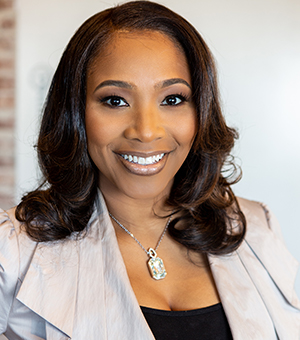It’s been an eventful summer for Atlanta public pools. Before Memorial Day, Atlanta mayor Keisha Lance Bottoms announced that–for the first time–city pools would be admission-free. Just two months later, a 17-year-old was shot and killed during an argument at a city pool, and most of the outdoor public pools shut down. Some reopened soon after, but with new security measures.
While this one tragic event understandably turned safety concerns toward precautions such as searching bags and metal detectors, pool safety issues are much broader. That’s true whether you’re at a public pool, a community pool maintained by your homeowner’s association or apartment complex, or one in your neighbor’s backyard.
Key Pool Safety Concerns
Some of the most common types of swimming pool injuries include:
- Slip and fall injuries on wet sidewalks, decks, locker room floors or stairs, and other wet surfaces around a swimming pool,
- Drowning injuries or fatalities that may occur when children aren’t properly attended, or anyone swims alone,
- Injuries that occur when swimmers reach into or are sucked into pumps, drains, and other equipment in pools and hot tubs, and
- Injuries caused when loose hair catches in a drain or other equipment
Staying Safe at the Swimming Pool
While the injuries and risks listed above are common to the swimming pool environment, there are simple steps that will help keep you and your children safe. These include:
- Watching out for wet surfaces, refraining from running, and wearing slip-resistant shoes where practical
- Never swimming alone or leaving children unsupervised in or near the swimming pool
- Keeping long hair tied or clipped up or under a cap when using swimming pools and hot tubs
- Avoid loose or heavy clothing that could get caught, tangle around arms or legs, or weigh you or your child down in the water
- Avoiding drains, water returns and other openings and equipment while swimming or enjoying the hot tub, and ensuring that your children are aware of the risks–the openings and flowing water can be tempting
- Use appropriate safety equipment, and do not rely on flotation devices that are labeled as toys rather than safety equipment–for example, water wings are not classified as a personal flotation device for safety purposes, and the CDC warns against relying on them
You should also be sure that anyone using swimming pools or hanging out around the pool has basic pool safety knowledge, including what to do if they slip into the water, accidentally get in over their heads, lose their orientation in the water or otherwise run into trouble.
Who is Responsible for Swimming Pool Injuries?
Who is liable for injuries sustained in or around a swimming pool will depend on the circumstances. In some cases, the injured person or an injured child’s parent may share responsibility. Possible sources of compensation may include:
- The entity that owns or manages the pool, if dangerous conditions contributed to the injury. One example might be open water intakes that are too large, unguarded, or dangerously positioned.
- The entity that owns or manages the pool, if lifeguard negligence, negligence in hiring or training a lifeguard, or unsafe policies caused or contributed to the injury.
- The homeowner, if the pool is accessible to children, not maintained safely, or visiting children are left unsupervised in or around the pool.
- The equipment manufacturer, if the injury is caused in whole or part by faulty design or malfunctioning equipment.
It’s also important to note that general premises liability issues may also apply in the swimming pool setting. So, for instance, a pool owner may be liable for injuries caused due to inadequate lighting, poorly maintained stairs or surfaces, and even inadequate security.
If you or your child has been injured at a public pool, health club or other private facility pool, or even a friend’s pool, you may be entitled to compensation. Because possible claims range from negligent employment practices to product liability to premises liability, it is important to work with an attorney who has broad-based experience with personal injury cases. This will allow your attorney the best opportunity to thoroughly assess your case and identify all possible claims and responsible parties.
A seasoned personal injury lawyer will also be in the best position to connect with the right experts for your situation, and to assemble the evidence necessary to present a strong case on your behalf.
Atlanta attorney ReShea Balams fights for maximum compensation for people who have been injured through someone else’s negligence, including victims of swimming pool accidents, medical malpractice, motor vehicle accidents, slip and fall injuries and more. The Balams Firm offers free, no-obligation consultations so injury victims can gather the information they need to make good decisions in difficult times. You can schedule yours right now by calling 855-352-2727 or filling out the contact form on this page.










